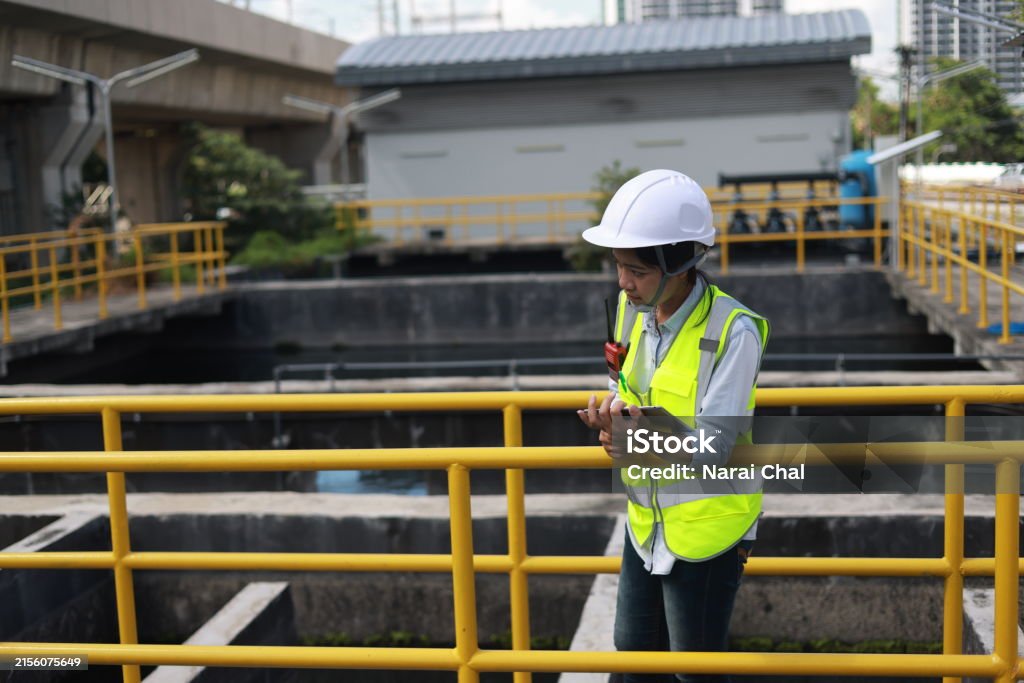Industrial and commercial facilities in Malaysia must comply with strict environmental regulations concerning waste disposal. Central to these requirements is the waste management schedule in Malaysia, which provides structured guidance for identifying, tracking, and disposing of hazardous and non-hazardous waste responsibly.

What Is the Waste Management Schedule?
The waste management schedule is a mandatory system introduced under the Environmental Quality (Scheduled Wastes) Regulations 2005. It ensures that every generator of scheduled waste maintains a clear and timely record of:
- Waste classification (SW codes)
- Quantity generated
- Date of disposal or treatment
- Method of storage and transportation
This schedule must be submitted monthly to the Department of Environment (DOE) to demonstrate compliance.
Key Components of the Waste Management Schedule
| Element | Description | Example |
| SW Code | Classification code for scheduled waste | SW 305 – Used lubricating oil |
| Quantity (kg/litre) | Total waste generated during the period | 1,200 litres |
| Date of Storage/Disposal | When waste was stored, transported, or treated | 15 June 2025 |
| Disposal Method | Treatment, recovery, or secure landfill | Off-site incineration |
Failing to maintain or submit an accurate waste management schedule in Malaysia may result in enforcement action, fines, or suspension of operating licences.
Role of Licensed Waste Managers
Proper documentation must be matched by proper handling. Licensed waste management companies like Hydrometal offer services that include:
- Waste identification and labelling
- Secure storage solutions
- Collection using DOE-approved transport
- Submission of e-consignment notes and schedule reports
Their support helps ensure all waste tracking and reporting is completed in accordance with Malaysian law.
Why the Waste Management Schedule Matters
- Legal compliance: Avoid violations under the Environmental Quality Act 1974.
- Traceability: Proves responsible handling of hazardous materials.
- Auditing: Facilitates internal and external environmental audits.
- Corporate governance: Enhances ESG reporting and sustainability performance.
Companies with poor waste scheduling practices risk damaging both their operational standing and brand reputation.
Tips for Maintaining an Accurate Schedule
- Designate a trained waste officer to oversee recordkeeping.
- Use a digital waste tracking system to avoid manual errors.
- Partner with experienced waste handlers to streamline documentation.
Hydrometal provides end-to-end solutions including reporting templates, consultations, and schedule submission assistance.
Conclusion
The waste management schedule in Malaysia is more than just paperwork—it is a legal and environmental responsibility. With expert support from companies like Hydrometal, businesses can meet their compliance obligations while maintaining operational efficiency and environmental integrity.